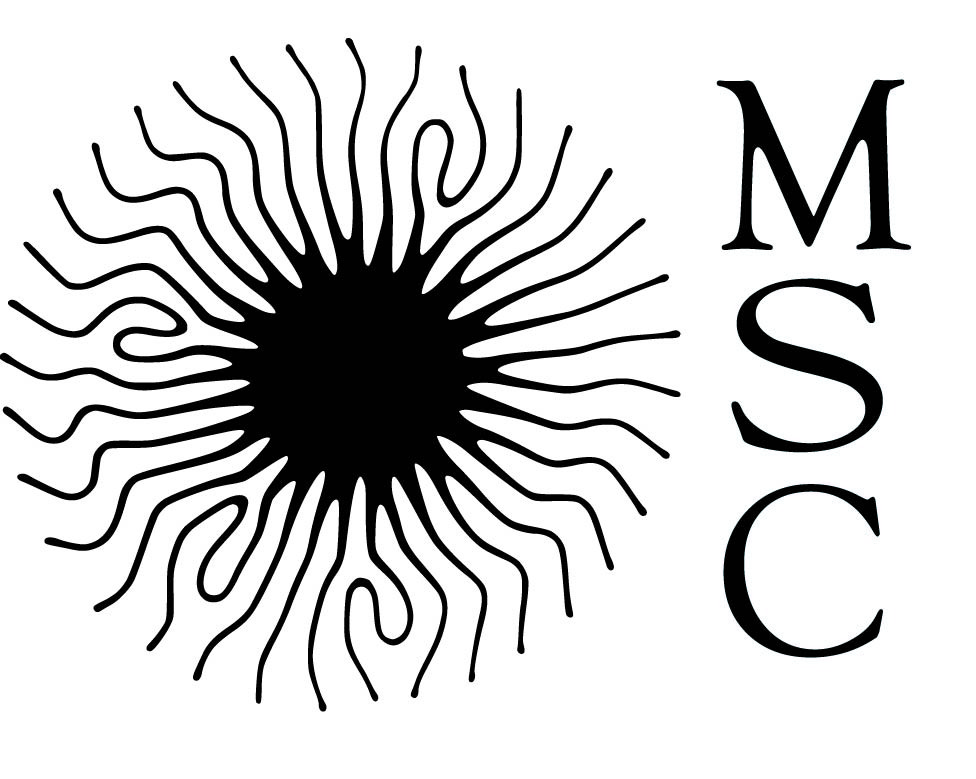Friday, July 2nd, 14h00, amphitheatre Pierre-Gilles de Gennes, Condorcet Building.
PhD defense of Alberto Dinelli
Scalar Active Matter across scales.
supervised by Julien Tailleur
Abstract:
Active matter encompasses systems whose microscopic constituents exert non-conservative forces on their environment. The self-organization of active units into complex structures is observed at all scales in the living world, from bacterial ecosystems to flocks of birds, and in synthetic systems of self-propelled particles. Understanding the link between the microscopic dynamics of active particles and their large-scale properties is thus a crucial problem both to understand the biological world and to engineer new active materials. In my defense, I will try to bridge the gap between the microscopic and macroscopic descriptions of a variety of scalar active systems, i.e. systems whose sole large-scale hydrodynamic mode is the conserved density field. In the first part of the talk, I will focus on a model of bacterial ecosystem comprising many species of run-and-tumble particles interacting via motility regulation. I will focus on the cases of non-reciprocal or random regulations and show how both have a dramatic impact on the organization of the ecosystem, leading to the emergence of a wealth of dynamical and static phases. In the last part of my talk, I will shift from biological to synthetic active matter and model an experiment based on self-propelled Quincke rods. I will show how these rods undergo an arrested condensation transition, where the interplay between quorum-sensing and steric repulsion is crucial to stabilize the coexisting phases.

